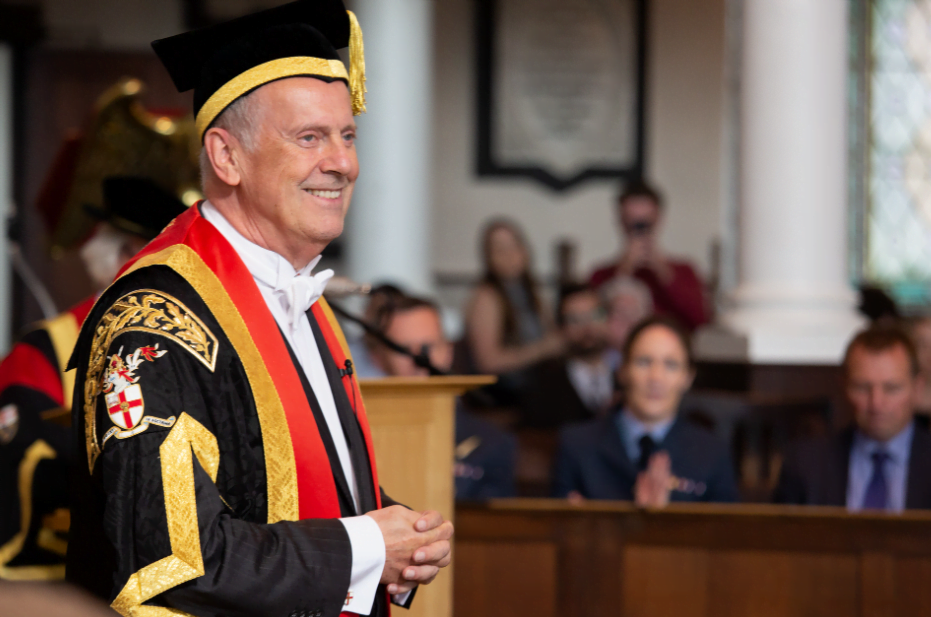A university chancellor and a university president are both high-level administrative positions within a university, but they have different roles and responsibilities.
The chancellor is the highest-ranking official of a university system and is responsible for overseeing the overall operation of the universities within the system. This includes setting policies and goals, managing budgets, and ensuring that the universities are meeting their academic and research goals. The chancellor also acts as the chief representative of the university system to the public and to other organizations.
Differences Between University Chancellor and President
On the other hand, the president is the chief executive officer of a single university and is responsible for the day-to-day operations of the institution. This includes managing the budget, overseeing academic programs, and ensuring that the university is meeting its goals and objectives. The president also serves as the primary spokesperson for the university and represents it to the public and to other organizations.
In terms of authority, the chancellor has more authority over the entire university system, while the president has more authority over a single university. However, the authority and the level of decision making power of both positions may vary depending on the type of institution and the governing board of the university.
Additionally, the chancellor may be responsible for managing multiple universities within a system, while the president is responsible for managing one university. Furthermore, the chancellor may have more of a focus on coordinating and aligning the policies and initiatives of the universities within the system, while the president may focus more on the day-to-day management and operations of the institution.
University Chancellor:
- Serves as the ceremonial leader of the university.
- Responsible for managing the day-to-day operations of the university.
- Has authority over academic and administrative matters.
- Usually appointed by a board of trustees or governing body.
- Often acts as the public face of the university.
- May be responsible for fundraising and alumni relations.
- May oversee multiple campuses within a university system.
University President:
- Serves as the chief executive officer of the university.
- Responsible for setting the overall strategic direction of the university.
- Works closely with the board of trustees or governing body to make key decisions.
- Oversees the financial management of the university.
- Works to establish partnerships and collaborations with other institutions and organizations.
- Often responsible for managing external relations, including government and community relations.
- May work with the chancellor on academic and administrative matters.
In summary, both the chancellor and the president play important roles in the administration of a university, but they have different areas of responsibility. The chancellor is responsible for overseeing the overall operation of the university system, while the president is responsible for managing the day-to-day operations of a single university.

